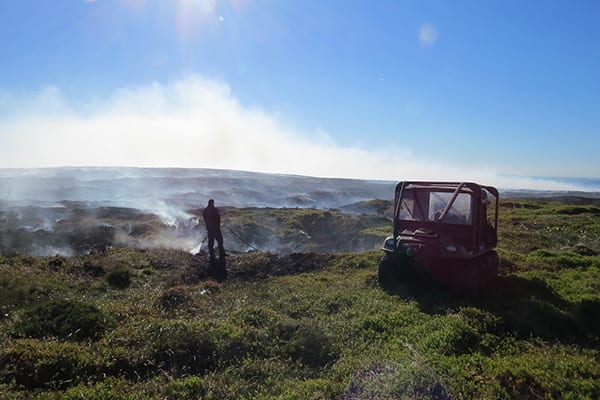
Climate change studies at risk from new burning regs, says BASC
Government exclusion on new burning regulations threaten the future of environmental and climate change studies.
Get information on the legal shooting season for mammals and birds in the UK.
Learn about our current conservation projects and how you can get involved.
Comprehensive information and advice from our specialist firearms team.
Everything you need to know about shotgun, rifle and airgun ammunition.
Find our up-to-date information, advice and links to government resources.
Everything you need to know on firearms law and licensing.
All the latest news and advice on general licences and how they affect you.
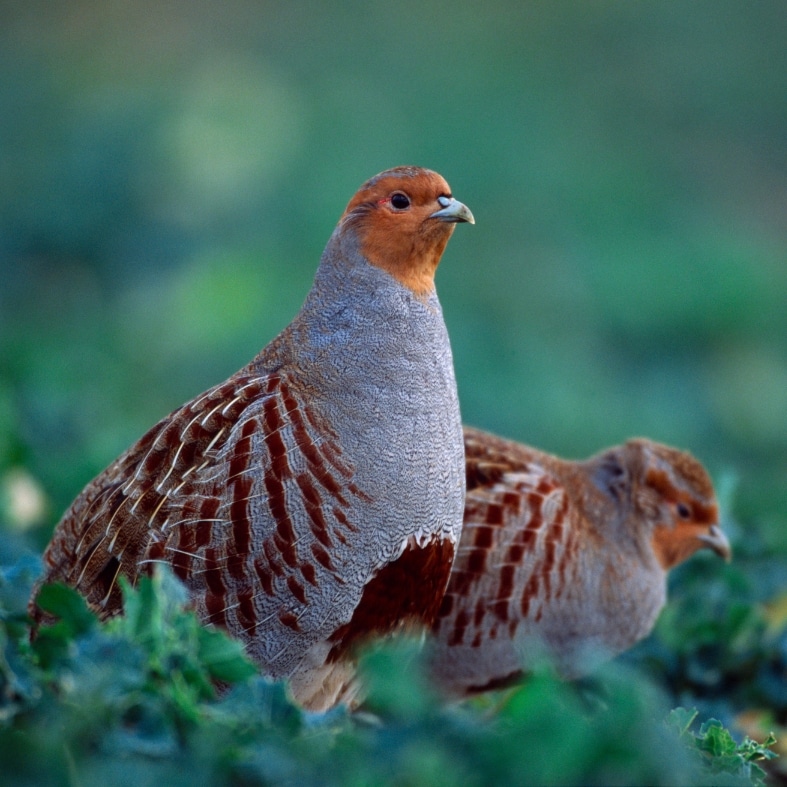

Back in the pandemic Boris Johnson announced a raft of actions for nature recovery. We had the Environment Act 2021 which enshrined new biodiversity duties as part of planning applications. It also provided or paved the way for 13 legally-binding environmental targets, and created a new institution, the Office for Environmental Protection, to hold the government and some of its agencies to account.
More recently, making a media splash this time around was the evocatively named England Species Reintroduction Taskforce. Cue media speculation of an action-orientated crack team of conservation commandos chucking out new species left, right and centre.
The name perhaps is a misnomer. It’s not a taskforce, nor is it solely interested in reintroducing species. It is interested in looking at translocations of species for conservation purposes. So, releasing gamebirds for shooting or rainbow trout for fishing is not in scope, but a grey partridge reintroduction project whose intention, in part, is improving the conservation status of grey partridge, would be.
The Defra-sponsored group is primarily interested in providing evidence-led technical advice and guidance to enable projects to work to a much better standard. The taskforce members are led by Dr Andy Clements, ex-BTO chair and Natural England board member. He’s keen that the committee is evidence-led, be that peer reviewed evidence or practitioner evidence, and that it engages with all those with an interest or concern about reintroductions.
There are certainly concerns to address. Many projects work to very good standards. Some do not and some are straightforward illegal releases, the latter need to become socially unacceptable, with the very real risk prosecution. The common criticisms with projects are a failure to engage stakeholders well and thoroughly, a lack of monitoring post release and poor management planning to address genuine conflicts once the species is established.
The chair and several members of the England Species Reintroduction Taskforce have started a series of stakeholder meetings to start a conversation about what needs to be done to improve reintroductions to contribute to nature recovery. BASC, along with other landowning and land management organisations, met with them in October. Other meetings with different stakeholder groups are planned.
The meeting was very positive with the taskforce, with them expressing their wish to listen to our experiences, thoughts and concerns around reintroductions and to learn how we want to engage as part of future stakeholder input.
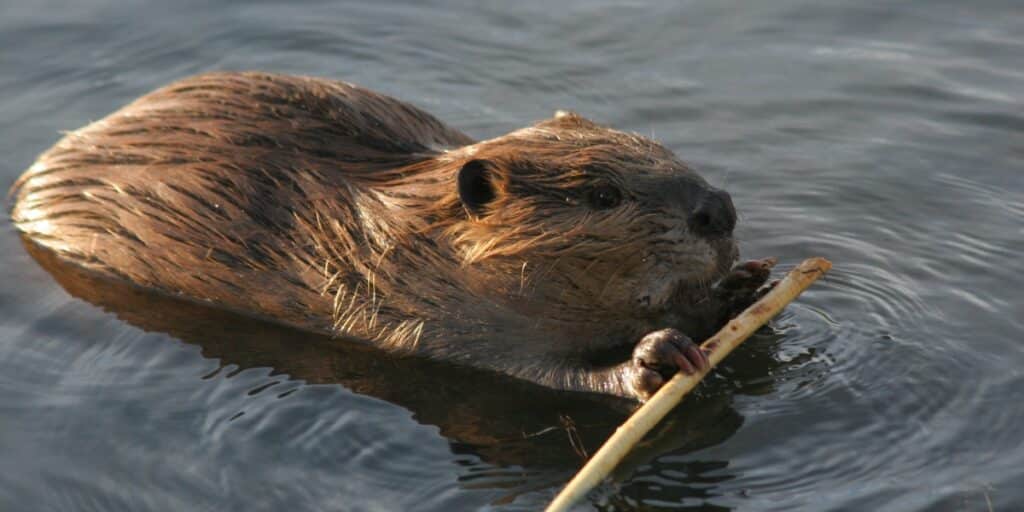
Undeterred
The group are undeterred because reintroductions are very much in the conservation tool-box. Most happen quietly because they are small-scale and low risk species, like plants and insects. It is the high-profile birds and mammals that grab the headlines and the media attention; the tip of the reintroduction iceberg.
BASC will remain engaged with the taskforce, providing our experience, expertise and evidence on reintroductions and conservation translocations.
To be clear, BASC is supportive of reintroductions if they are needed, if they comply with IUCN and home-country codes, if they have landowner and land manger support, and if they have long-term monitoring and management plans to trigger interventions should conflicts occur. Those interventions could include non-lethal and lethal management options, depending on the species and issues.
This question of long-term management is often the hardest to answer, especially because projects to reintroduce species are typically time-limited. However it is one of the most important issues to resolve to secure support from local people, landowners and land managers.
The taskforce has a webpage where they post minutes of meetings and key information. They aspire to develop this further to provide much better access to good information to make reintroductions work for nature recovery, the economy and people. Find more here.


Government exclusion on new burning regulations threaten the future of environmental and climate change studies.
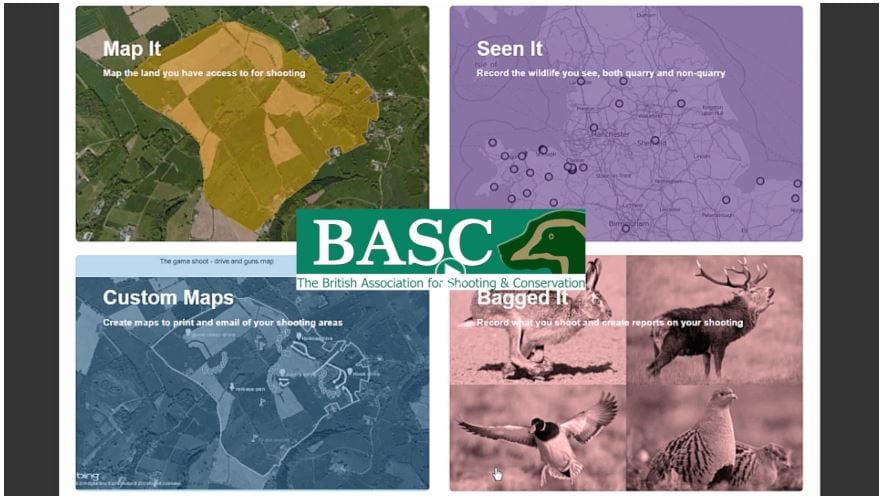
New features added to our Green Shoots Mapping software allow you to boost the conservation credentials of your shoot.
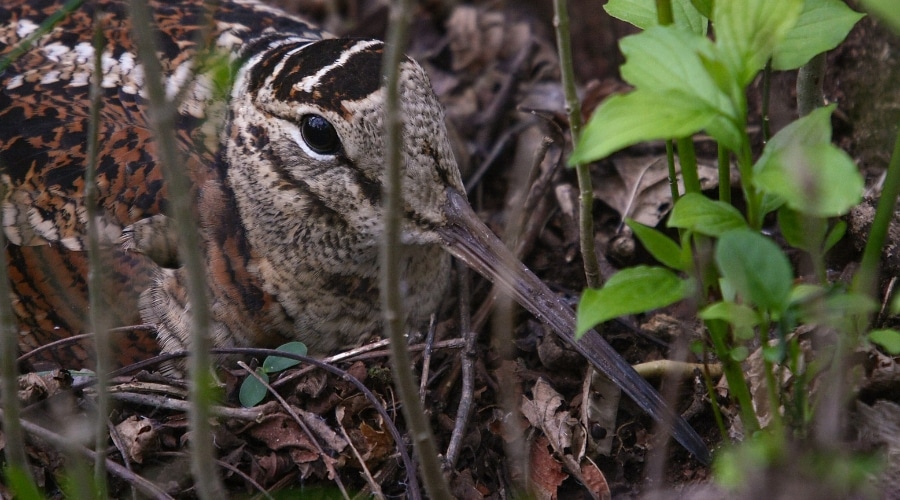
The shooting community leads by example on woodcock conservation, undertaking research, habitat creation, predator control and a precautionary voluntary restraint.
Sign up to our weekly newsletter and get all the latest updates straight to your inbox.
© 2023 British Association for Shooting and Conservation. Registered Office: Marford Mill, Rossett, Wrexham, LL12 0HL – Registered Society No: 28488R. BASC is a trading name of the British Association for Shooting and Conservation Limited which is authorised and regulated by the Financial Conduct Authority (FCA) under firm reference number 311937.
If you have any questions or complaints about your BASC membership insurance cover, please email us. More information about resolving complaints can be found on the FCA website or on the EU ODR platform.
This website uses cookies so that we can provide you with the best user experience possible. Cookie information is stored in your browser and performs functions such as recognising you when you return to our website and helping our team to understand which sections of the website you find most interesting and useful.
Strictly Necessary Cookie should be enabled at all times so that we can save your preferences for cookie settings.
If you disable this cookie, we will not be able to save your preferences. This means that every time you visit this website you will need to enable or disable cookies again.
This website uses Google Analytics to collect anonymous information such as the number of visitors to the site, and the most popular pages.
Keeping this cookie enabled helps us to improve our website.
Please enable Strictly Necessary Cookies first so that we can save your preferences!
More information about our Cookie Policy